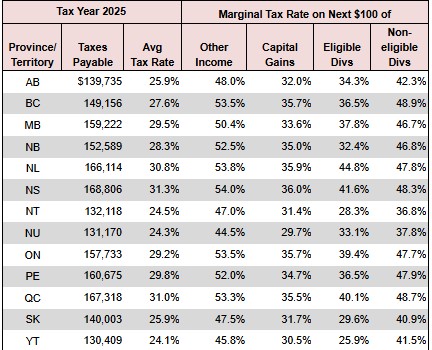Waren Buffet and Jack Boogle are the wise older investors passing on their wisdom to help out the common manHmm, your ideas are intriguing to me and I wish to subscribe to your newsletter.
I also like ben felix
Also I try to use my healthy skepticism such as mutual funds claims they
have a fund that does this or that and beats market
I think if you can do it why cant all funds? Which is more likely
1 One fund company has the secret know one else knows? Dont they all go to the same schools?
All a competitor has to do is match their funds as holdings are public and I suspect a lot do and
do not bother with the cost of research
2 They are playing a game . What they do is close their losing funds so they are not counted
then claim their aggregate beats the average and sooner or later they have funds that beat the average
10 years in a row by mere chance because they have so many freakin funds, them hawk them as great
funds with proven ability but then watch them collapse like a house of cards.
And that is the recorded history of 5 star funds
It makes no sense, none to me that you can beat the average
If it was possible then all the funds would do it then the average would
be unbeatable as the market would reach perfect efficiency as stocks
would be perfectly adjusted for risk
Yes some stock prices are inefficient but you will not find them and the argument
that some funds weed out the weaker stocks in ,for example, the TSX top 50 thereby beating the tsx 50 index
is just more marketing as separating the losers from the winners consistantly and beyond chance is impossibly hard
the proof , once again, is why does not everyone do it if it is so easy?
Then I think if professionals who run the funds need to use gimmicks to convince you they can beat the
average what chance do you or me have?
But, matching the average is easy as that is what index funds do for freakin free !! (I consider .01% free) so
why give all your profit to a mutual fund when you invest all the risk?
Let me explain my last sentence
A mutual fund takes 2.5 % The average rises 5% on average, inflation is 2.5 % on average
so you have lost all your profit , every last cent, after you put up 100% of the risk capital !!!
I just thought of something else.
You have just doubled your risk with a mutual fund!!
You not only have the market risk but the risk the mutual fund managers know WTF they are doing!

Last edited:










